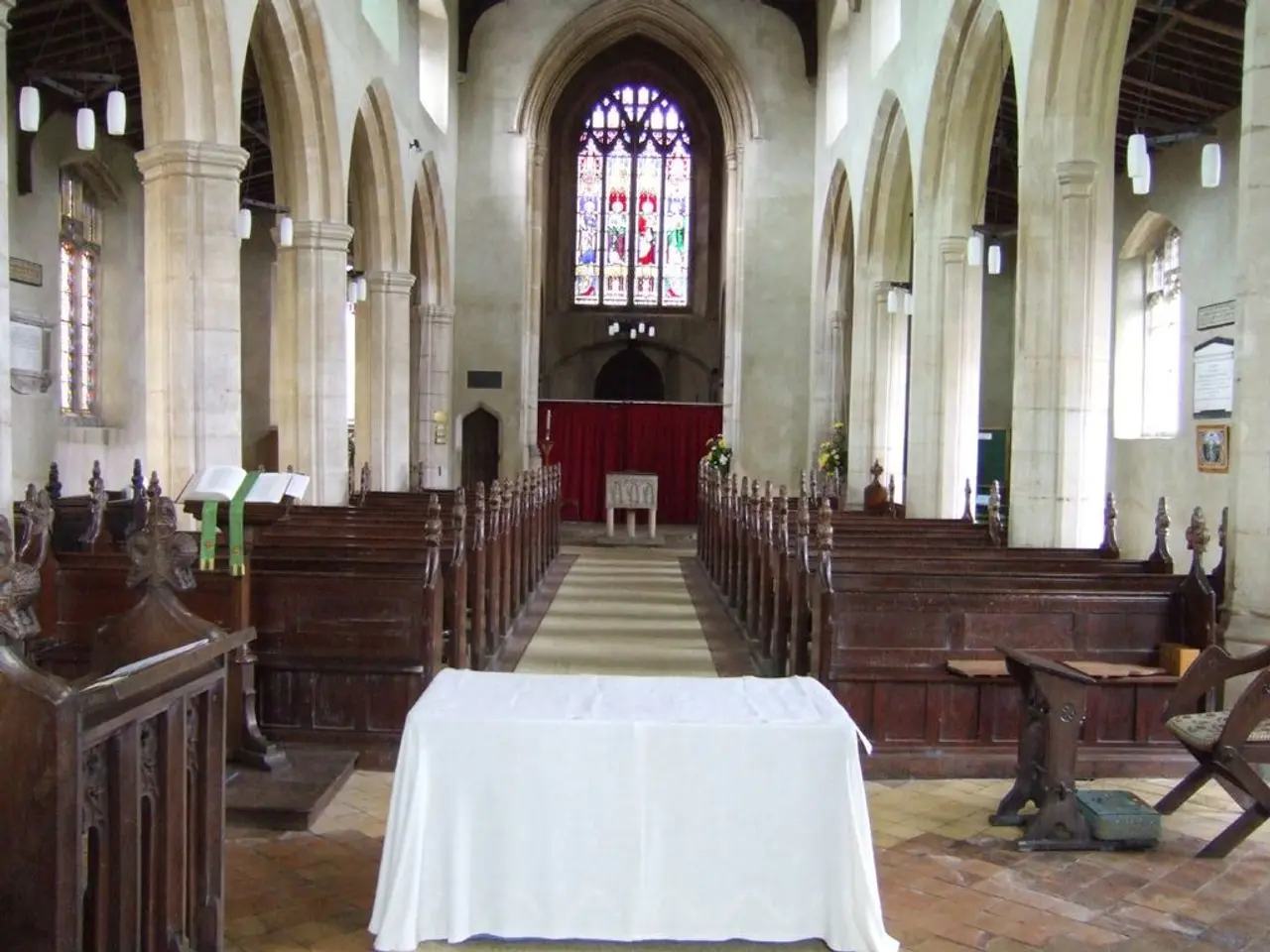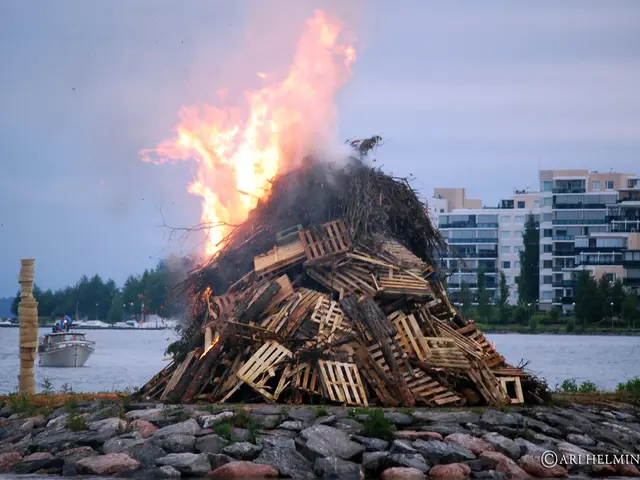Labor Union Leader
The President as the Chief Executive in India's Union Executive
The President of India, as outlined in Articles 52-78 of the Indian Constitution (Part V), holds a significant role in the Union Executive, acting as the formal head of the executive. Although the President's powers are primarily exercised with the aid and advice of the Council of Ministers, headed by the Prime Minister, they are crucial in ensuring the President's name is attached to all government actions.
Key Executive Powers and Functions
- Appointment Powers (Article 75): The President appoints the Prime Minister and, on their advice, the Council of Ministers. Additionally, the President appoints key officials such as Governors of States, the Attorney General, Comptroller and Auditor General, Chief Election Commissioner, Election Commissioners, Chairman and members of UPSC, and Finance Commission, among others.
- Authentication of Government Actions (Article 77): All executive orders, rules, and instruments of the government are issued in the President’s name. The President can make rules on their authentication and regulate the transaction of government business among ministers.
- Right to Information and Oversight (Article 78): The President can require information from the Prime Minister and ministers regarding Union affairs. The President can also direct the PM to submit any matter decided by a minister but not yet considered by the Council of Ministers.
- Union Territory Administration: The President directly administers Union Territories through appointed administrators under Article 239.
- Scheduled and Tribal Areas Administration (Article 244): The President can declare areas as scheduled or tribal and exercise special powers for their administration.
- Executive Orders and Ordinances: When Parliament is not in session, the President can promulgate ordinances with the force of law.
- Summoning and Proroguing Parliament: The President summons and prorogues the sessions of Parliament and can dissolve the Lok Sabha (lower house) as well.
- Inter-State Council: The President can appoint an inter-state council to promote Centre-state and inter-state cooperation in India.
Additional Powers
- The President appoints the chairman and members of the finance commission.
- The Prime Minister and the council of ministers are part of the Union executive.
- The Union executive consists of the President, Vice President, Prime Minister, council of ministers, and the Attorney General of India.
- The President can require the Prime Minister to submit, for consideration of the council of ministers, any matter which has not been considered by the council.
- The President appoints the Prime Minister and the other ministers in India.
- All executive actions of the Government in India are taken in the name of the President.
In summary, the President is the formal head of the Union Executive, responsible for appointments, oversight, administration of certain territories and areas, and authentication of government actions, acting largely on ministerial advice but with discretionary powers in some special circumstances. These powers are primarily located in Articles 52 to 78 and closely relate to the functioning of the Union Executive as envisaged in Part V of the Constitution.
[1] https://indianconstitution.gov.in/ [2] https://legislative.gov.in/ [3] https://www.mygov.in/ [5] https://www.loksabha.nic.in/rs/constitution.aspx
The President's duties extend to policy-and-legislation, as they appoint committee members and appoint and dissolve the Lok Sabha, thereby being intrinsically linked to the functioning of general-news related to politics. The President's key executive powers, such as the appointment of the Prime Minister and other ministers, authentication of government actions, and right to information and oversight, are essential aspects of understanding India's politics and policy-and-legislation sphere.




